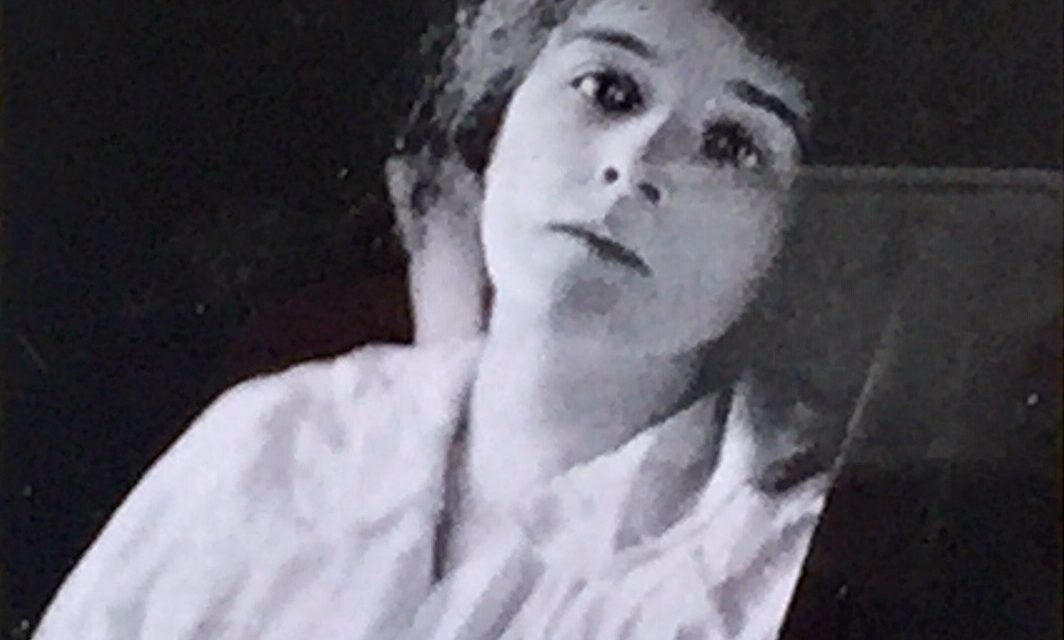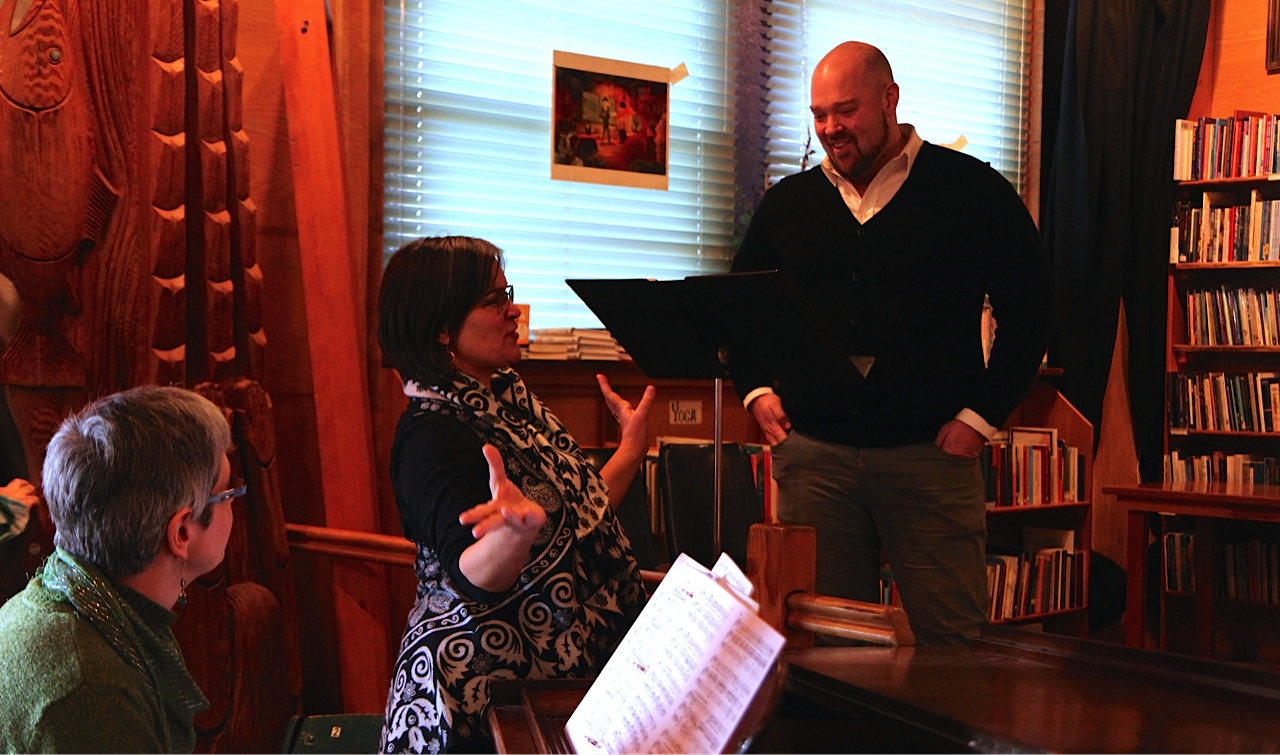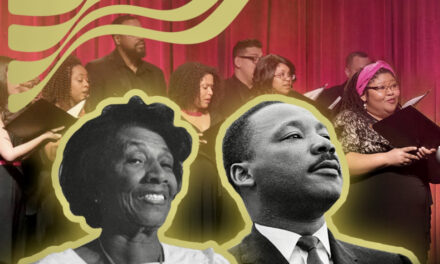(Above: The well-known Oregon poet Hazel Hall’s work will be portrayed in music and dance at Lane Community College on March 16.)
By Randi Bjornstad
Every once in awhile, a name pops up in Oregon history that you’ve not heard before, and you have to wonder how that happened.
Such is the case for many with the name Hazel Hall, who despite her short life — she died in 1924 three months after her 38th birthday — produced a body of incredible poetry that was highly regarded during her lifetime but which since then has slid into unfortunate obscurity.
The good news is that there are people in the community who have banded together to bring Hall’s name back into the public realm. A performance that honors her words, augmented by original music and dance, will be performed at Lane Community College at 7 p.m. on Thursday, March 16.
One who is excited at the news is poet Barbara Mossberg, who teaches poetry and practice in the Honors College at the University of Oregon.
“I am thrilled,” Mossberg said when she heard about the performance. “She is known as the Emily Dickinson of Portland, and (there is) an annual poetry award named for her and (William) Stafford,” the Oregon Book Award for poetry.
Hall lived from age 12 to 38 years in a wheelchair and was self-taught, schooling herself in many poets, chief among them Emily Dickinson, one of Mossberg’s own favorites.
Hall also was an accomplished seamstress who wrote poems from the perspective of her upstairs room, where she observed the life below her as she sewed, Mossberg said. “It is thrilling she is being honored.”
The project, called The Room Upstairs: Uncovering the Life and Poetry of Hazel Hall, came about through research by composer and conductor Matthew Svoboda, who also is director of choral activities at Lane Community College and a devotée of poetry.
Svoboda chanced upon one of Hall’s poems years ago in a literary magazine and was “immediately taken in by her musical voice, perceptive mind, and unpretentious style,” he wrote in an LCC news release announcing the performance.
He embarked on a composition to set Hall’s poems to music and dance, based on the three books of poetry she created: Curtains, completed in 1921; Walkers, finished in 1923; and Cry of Time, which was published posthumously in 1928.
Just as Hall’s poetry was largely autobiographical, so is Svoboda’s composition primarily biographical. It follows the threads of Hall’s life, beginning with isolation and limitation to her second-floor bedroom as a youth, moving to her adult years as she watched the world outside her window, and culminating in a philosophical examination of existence as she seemingly foresaw her own death.
Karen Daly, who understands well the challenges Hall faced in her own life, takes the part of Hazel Hall in the production ofThe Room Upstairs.
Daly dances frequently with DanceAbility International, a Eugene-based group whose goal is to involve people of all physical and emotional abilities in expression through physical movement and dance.
As a child of 11, she lost a leg to amputation as a result of cancer. She was almost exactly the same age that Hall was when she took ill with scarlet fever and also experienced a fall, one or both of which caused paralysis that resulted in her confinement to a wheelchair for most of her life.
In addition to Svoboda and Daly, members of the cast and crew that collaborated in The Room Upstairs includes Portland visual artist Laura Glazer, DanceAbility choreographer Jana Meszaros, LCC choreographer Sarah Nemecek, University of Oregon poet Geri Doran, and LCC technical director James McConkey.
Hall was born on Feb. 7, 1886, in St. Paul, Minn. She moved with her parents and two sisters to Portland as a young child. Because of her loss of health and mobility, her experience in public school ended in fifth grade, but she continued to read widely and began to write poetry as a young girl.
In order to augment her family’s income, Hall learned to sew and to do fine embroidery such as wedding garments, baptism dresses, and liturgical vestments. She continued writing poetry in her 20s, but public recognition of her work did not come until her 30s. She died on May 11, 1924, at home in Portland.
The Oregon State University Press published a volume of her work, Collected Poems, in 2000.
The Room Upstairs: Uncovering the Life and Poetry of Hazel Hall
When: 7 p.m. on Thursday, March 14
Where: Ragozzino Performance Hall, Building 6, Lane Community College main campus, 4000 E. 30th Ave., Eugene
Admission: Free
A Poem by Hazel Hall: Hours
I have known hours built like cities,
House on grey house, with streets between
That lead to straggling roads and trail off,
Forgotten in a field of green;
Hours made like mountains lifting
White crests out of the fog and rain,
And woven of forbidden music—
Hours eternal in their pain.
Life is a tapestry of hours
Forever mellowing in tone,
Where all things blend, even the longing
For hours I have never known.








